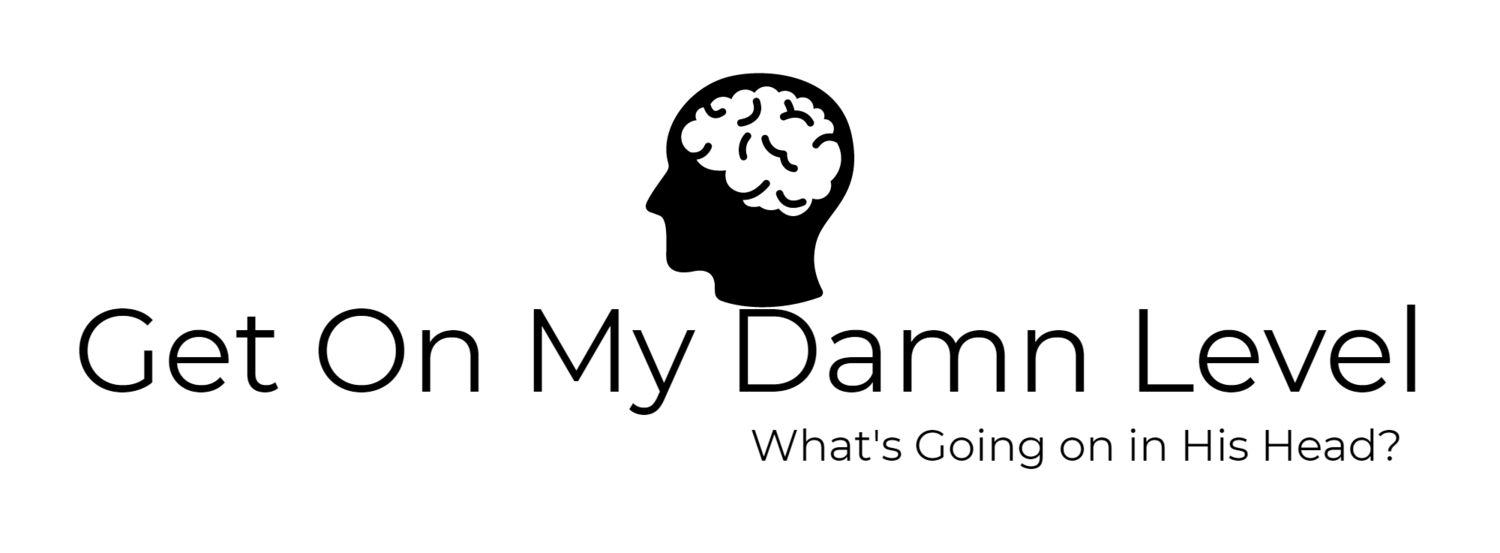Missed Opportunity Movie Review: "Hold the Dark" (2018)
There are places on this Earth so desolate, bleak, and unforgiving that humans simply aren’t meant to inhabit, so naturally those are the places that many of seek to conquer and bend to our will. Often times, these are the people who’ve looked into the heart of darkness and found themselves intrigued by (or at least at peace with) what stares back. Alaska is one such place, and America’s Last Frontier is the setting for the Netflix original film, Hold the Dark.
Russell Core (Jeffrey Wright; HBO’s Westworld) is an author and wolf expert who’s summoned to the isolated village of Keelut, Alaska by a grieving mother named Medora Slone (Riley Keough; It Comes at Night). She tells him that her son was taken by a pack of wolves. She doesn’t expect him to be found alive; she simply wants revenge for his death. Her husband, Vernon Slone (Alexander Skarsgård; HBO’s True Blood), is returning home soon from Iraq, and he doesn’t even know their son is gone. Core agrees to help, but it’s immediately clear that things aren’t that cut and dried. The local Inuit villagers speak ill of Medora, and Vernon’s friend Cheeon (a hypnotic Julian Black Antelope; Knuckleball) provides malice and layers to the underlying truths buried beneath the frigid landscape. The heart of man is a black and unforgiving place, but the question becomes which one is worse- the land or its inhabitants? Or are they interchangeable?
Damn, there’s a lot to chew on in the film directed by Jeremy Saulnier (Green Room, Blue Ruin) and written for the screen by his frequent collaborator Macon Blair and based off the novel of the same name by William Giraldi. It’s one of those films that gives you something deeper to ponder on. In this case, it’s the nature of evil in a “chicken or the egg” scenario. When you set that in a place where the old wounds of Manifest Destiny still live near the surface in the land of the Inuit, you get a complex and deliberately paced film that’s stunningly shot and rewards you for your patience and depth. In short, it’s one of those films that gives you back what you put into it (which is a rare and beautiful thing), but if you are looking for easy-going popcorn entertainment then you’ll absolutely detest it and call it boring (as many have).
The technical prowess and eye for film, from the color palette to the exterior settings and the shots that establish them, is a wonder to behold. Authentic is the word that comes to mind. There’s a shootout in the middle of the film that is as unrepentantly violent and frankly real, without any fancy stunts or eye candy, as you could ever ask for. It’s seriously worth the proverbial price of admission alone, but Hold the Dark gives you so much more than just that one bloodbath. The cast is stocked with heavyweights doing heavyweight shit, bringing humanity to the role of characters that are nearly possessed. After seeing what Skarsgård does with this chilling and restrained role and counterbalancing it with the flair he brought as Eric Northman in True Blood, I’m stoked to see him as Randall Flagg in the upcoming CBS series, The Stand.
If you dig a little deeper into the name of the village in the Inuit language and what that signifies, you’ll have a little clearer idea of what exactly is happening in Hold the Dark. If there’s a gripe to be had here that’s it- the film is almost criminally light on exposition that sets scenes up and keeps everything connected. It’s not a deal breaker, but some folks will find it hard to follow.
Hold the Dark is undoubtedly a horror film, but it’s the kind of horror that requires you to truly think about the nature of true horror and throw out the idea that it’s all about nasty, scary monsters. It reminds you that the real monsters are us and that the Earth often has monsters of its own to enhance our natural tendency for evil. It’s up to you to decide how much or how little of what happens can be laid at the doorstep of ancient evil. Perhaps that ancient evil is merely a mirror.
Human beings are still the most vicious species on the planet, after all.



